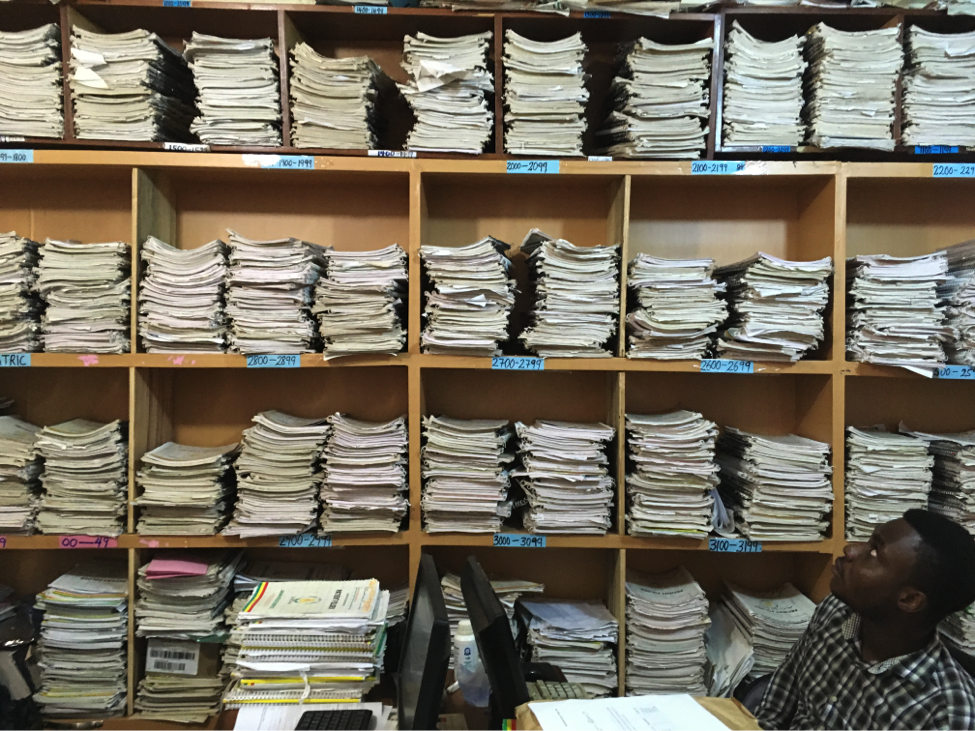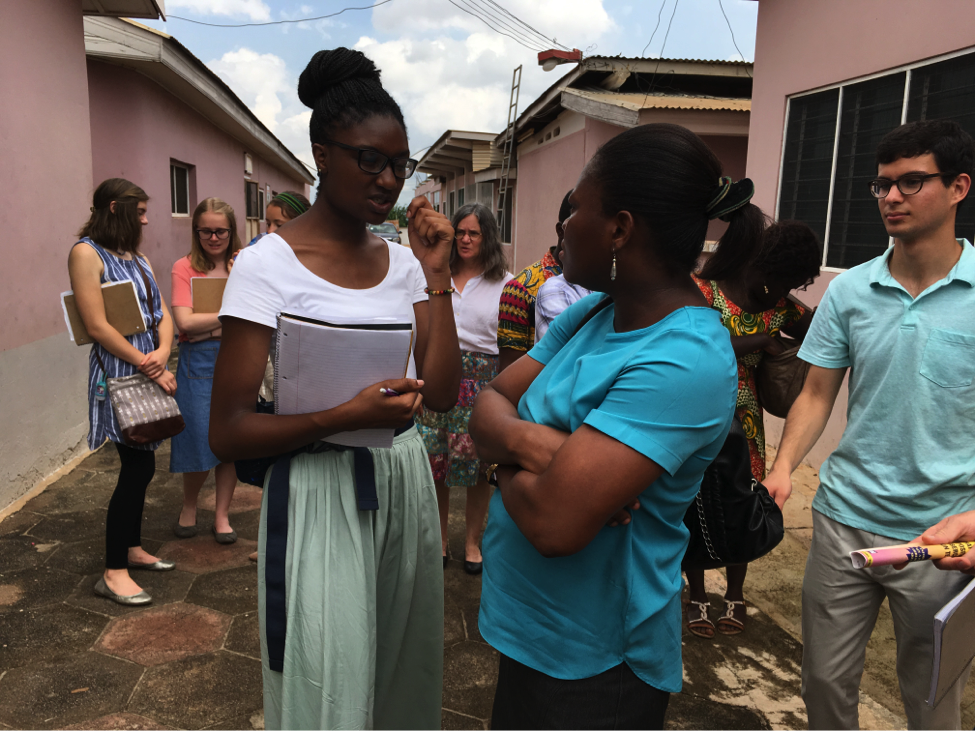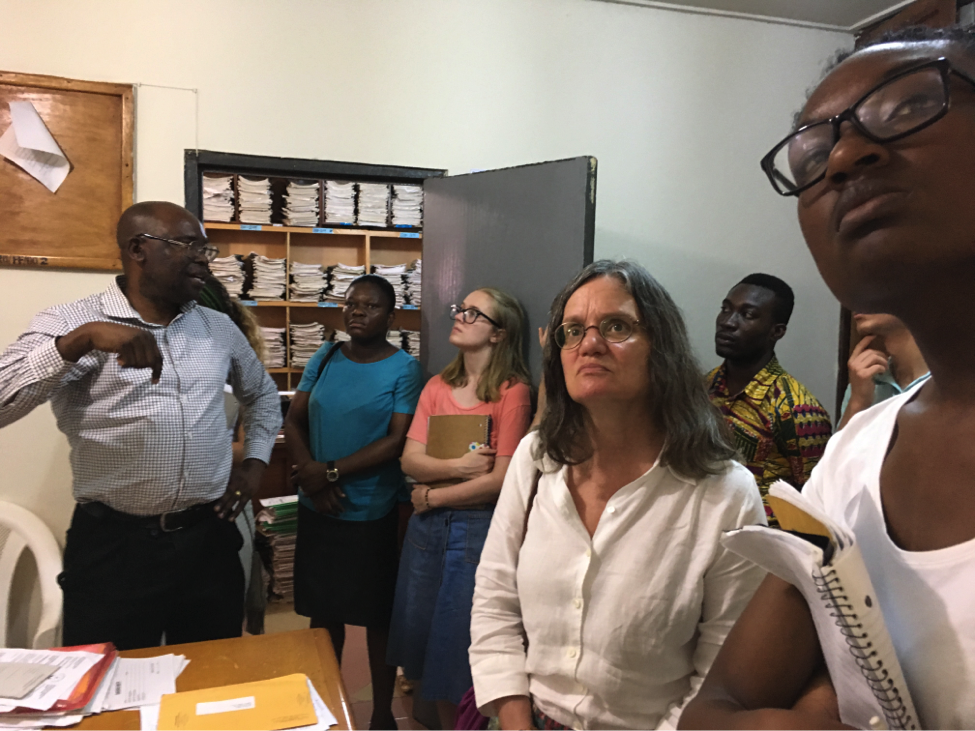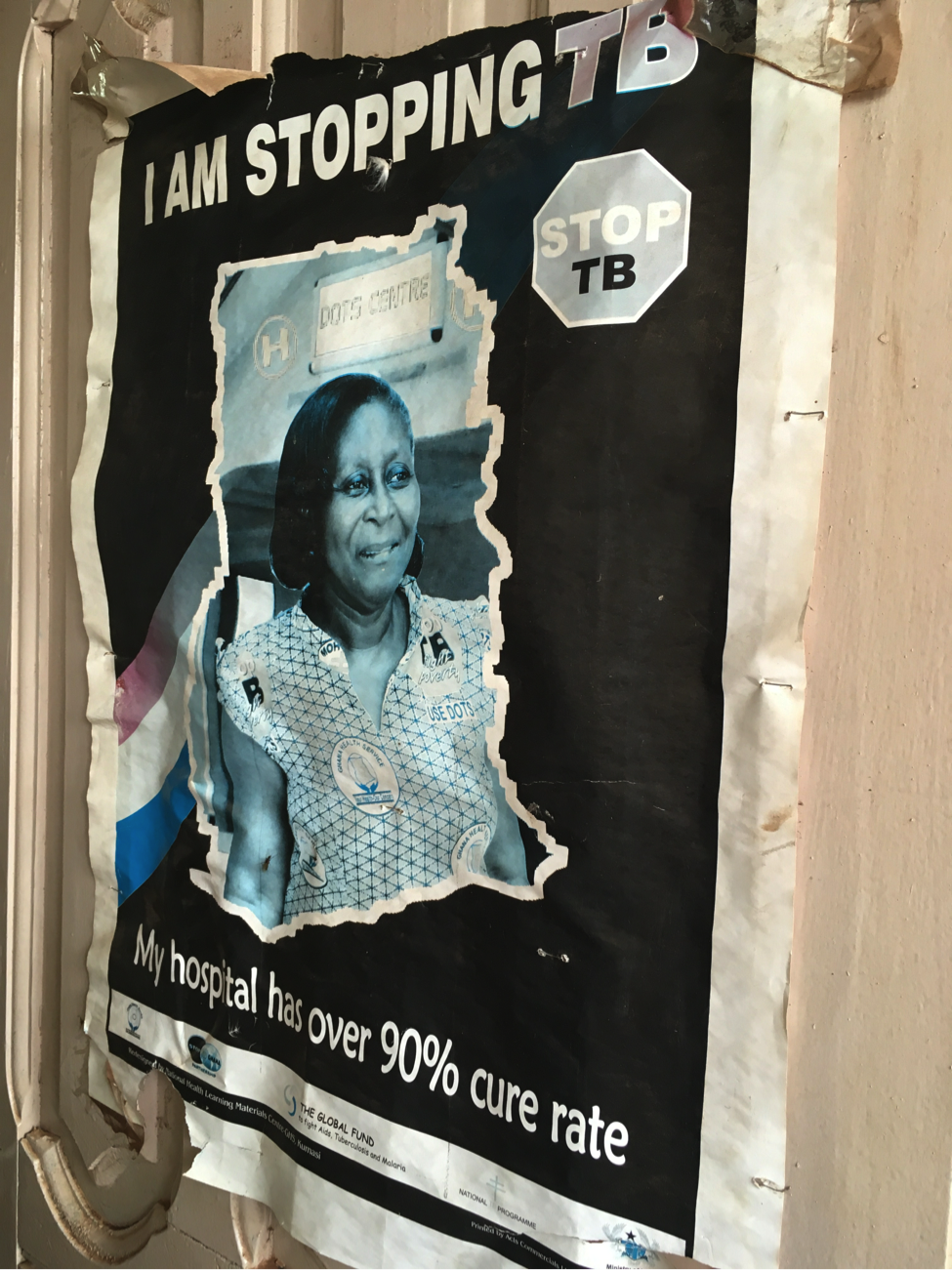by Danielle Tsougarakis, Bioengineering ’20; and Kate Panzer, Bioengineering ’18

David Issadore, a faculty member in the Department of Bioengineering at the University of Pennsylvania teaches an engineering course ENGR566 – Appropriate Point of Care Diagnostics. As part of this course, he and Miriam Wattenberger from CBE, have taken nine Penn students, most of them majoring in Bioengineering, to Kumasi, Ghana, to study the diagnosis of pediatric tuberculosis. While in Ghana, these students are blogging daily on their experiences.

Today, we had our last clinic visit of the trip to Suntreso Government Hospital. We first heard from Nurse Cynthia all about the hospital roles of diagnosing tuberculosis and providing patients with the necessary medication. It was a really great discussion; whenever we had a question, Nurse Cynthia had an answer based on her forty years of experience with TB patients. We visited the Voluntary Counseling and Testing (VCT) Centre of the hospital, where patients can pick up their medication every month and receive more education about their respective conditions. Nurse Cynthia discussed issues surrounding tuberculosis, including stigma about the disease, as well as educating the public on the symptoms and concerns surrounding the disease.

Afterwards, Dr. Thomas came and talked to us about HIV and other sexually transmitted diseases in Ghana. He described the prevalence, as well as prominent issues encompassing the diseases. Interestingly, the clinic only provides free condoms for people infected with HIV and not other sexually transmitted diseases (STDs). Dr. Thomas informed us, however, that despite the availability of condoms, they are often neglected for their intended use. Evidently, it is quite common for Ghanaians to repurpose condoms as fire starters, parasite protectors, and even jewelry. After our engaging discussion, we briefly viewed the STD clinic on site. Then, we headed back to KCCR, enlightened by the creativity of the innovative mind. We spent the rest of the afternoon refining our final presentations and projects. Then, we headed to bed for a good night’s rest before the big day.

